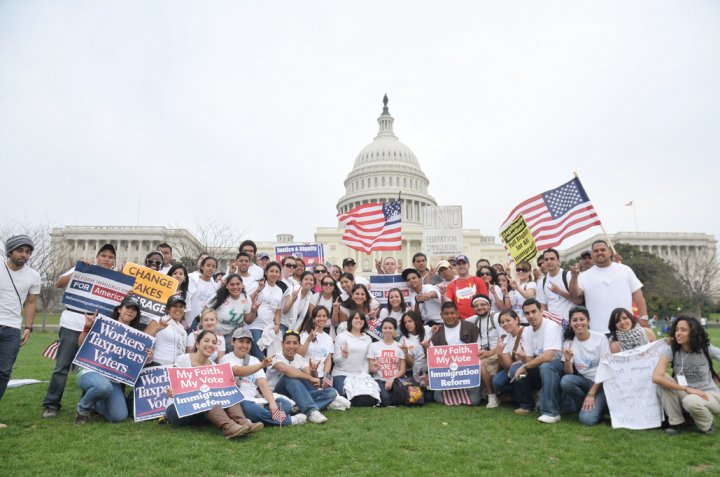
Martin Zhou discusses the Jonathan Martin-Richie Incognito controversy and how Martin will have a tough— but not impossible—case if he demands a day in court.

Byron Crowe II, a guest blogger from Cornell’s International Law Journal, responds to Neil Buchanan’s blog post on Dorf on Law regarding the dialogue surrounding the financial crisis.

Since the nation’s founding, courts have enjoyed the power to punish “an act of disobedience or disrespect towards the judicial branch.” How far can this power stretch? Nathan Hoeschen explains.

JLPP’s Rashell Khan shares enlightening perspectives on sexual violence from her interview with three Zambian participants at Cornell’s Third Annual Gender & Justice Conference.

JLPP’s Senior Blog Editor Suzy Marinkovich looks at the heated debate on online anonymity.

Are you familiar with acid violence and how to combat it? Complex public policy problems, arising from globalization and specialization between and within disciplines, are at the forefront of society’s development issues. Jocelyn Getgen Kestenbaum discusses an innovation methodology to solve these problems.

Mr. Krsna Avila describes how his view of himself as an American was shattered when he discovered his status as an undocumented immigrant. He describes how his status as an undocumented immigrant affected his emotions and his identity.

Uncertainty and diminishing job prospects for undocumented youth and the pathway to permanent residency through the DREAM Act. Kemi Bello discusses.

An amalgamation of small, regional tea parties throughout the country—The Tea Party—touches even the liberal collegetown of Ithaca. But what is the Tea Party?